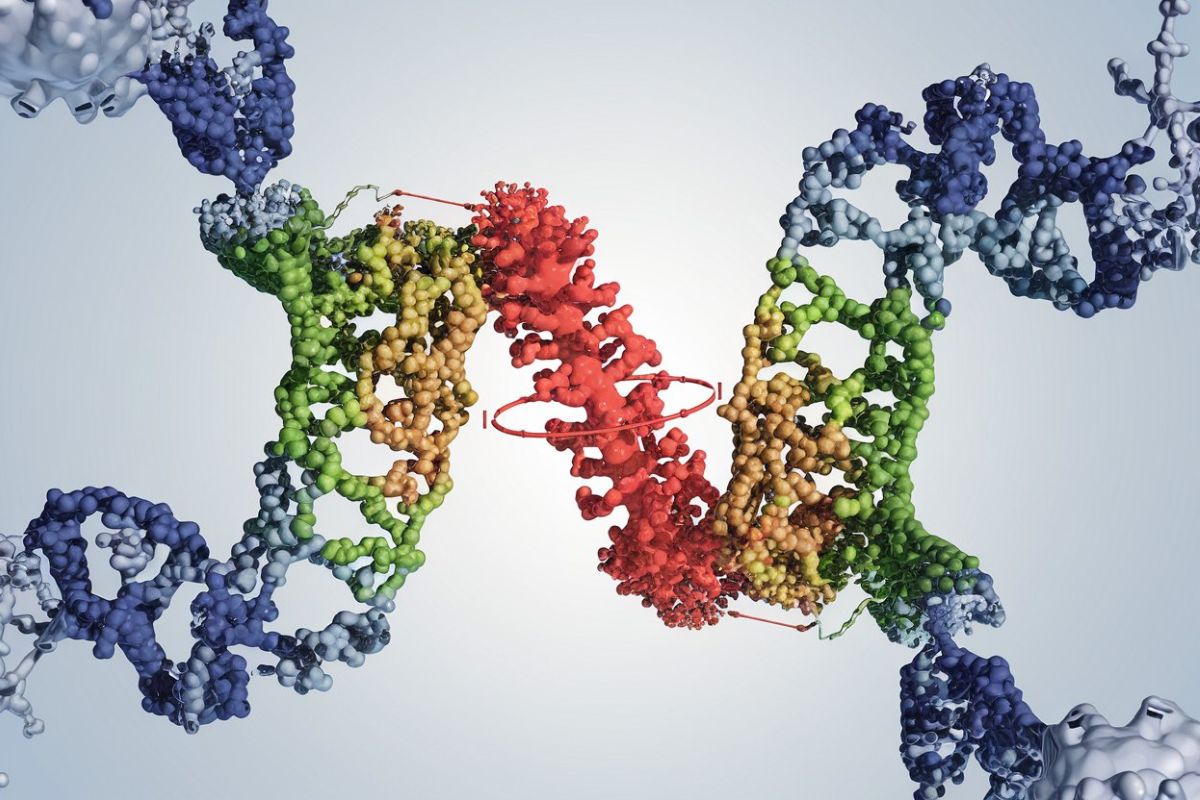
Uridine Monophosphate Synthetase Deficiency is a rare genetic disorder that affects the body's ability to produce uridine monophosphate, a crucial component for RNA synthesis. This deficiency can lead to severe developmental delays, anemia, and other health issues. Understanding this condition is vital for early diagnosis and effective treatment. In this blog post, we will explore 25 essential facts about Uridine Monophosphate Synthetase Deficiency, shedding light on its causes, symptoms, and management strategies. Whether you're a medical professional, a caregiver, or someone seeking knowledge, these facts will provide valuable insights into this complex disorder. Let's dive into the details and uncover what makes this condition so unique.
Key Takeaways:
- Uridine Monophosphate Synthetase Deficiency is a rare genetic disorder affecting RNA production, leading to developmental delays and anemia. Treatment focuses on managing symptoms and improving quality of life.
- Genetic counseling and family planning are crucial for families affected by UMPS Deficiency, offering support, testing options, and informed decision-making. Ongoing research aims to develop more effective treatments.
What is Uridine Monophosphate Synthetase Deficiency?
Uridine Monophosphate Synthetase (UMPS) Deficiency is a rare genetic disorder affecting the body's ability to produce uridine monophosphate, a crucial molecule for RNA synthesis. This deficiency can lead to various health issues, particularly affecting growth and development.
- UMPS Deficiency is an inherited metabolic disorder caused by mutations in the UMPS gene.
- The condition disrupts the pyrimidine biosynthesis pathway, essential for DNA and RNA production.
- Symptoms often include developmental delays, anemia, and growth retardation.
- UMPS Deficiency is autosomal recessive, meaning both parents must carry the mutated gene.
- The disorder is extremely rare, with fewer than 50 cases reported worldwide.
Symptoms and Diagnosis
Recognizing the symptoms early can help manage the condition better. Diagnosis typically involves genetic testing and biochemical assays.
- Megaloblastic anemia is a common symptom, characterized by the presence of large, abnormal red blood cells.
- Patients may experience recurrent infections due to a weakened immune system.
- Failure to thrive in infants is often one of the first signs.
- Neurological issues like seizures and developmental delays can occur.
- Genetic testing can confirm the diagnosis by identifying mutations in the UMPS gene.
Treatment Options
While there is no cure for UMPS Deficiency, treatments focus on managing symptoms and improving quality of life.
- Uridine supplementation can help bypass the metabolic block caused by the deficiency.
- Folic acid and other vitamins may be prescribed to support red blood cell production.
- Regular blood transfusions might be necessary for severe anemia.
- Dietary modifications can help manage symptoms and improve overall health.
- Physical and occupational therapy can assist with developmental delays.
Genetic Counseling and Family Planning
Genetic counseling is crucial for families affected by UMPS Deficiency, helping them understand the risks and options available.
- Carrier testing can identify individuals who carry the mutated gene.
- Prenatal testing is available for at-risk pregnancies.
- Preimplantation genetic diagnosis (PGD) can be used during IVF to select embryos without the mutation.
- Family planning discussions can help parents make informed decisions.
- Support groups and counseling services can provide emotional support and resources.
Research and Future Directions
Ongoing research aims to better understand UMPS Deficiency and develop more effective treatments.
- Gene therapy is being explored as a potential treatment option.
- Animal models are used to study the disease and test new therapies.
- Clinical trials are ongoing to evaluate the safety and efficacy of new treatments.
- Biochemical studies help researchers understand the enzyme's function and how mutations affect it.
- Patient registries collect data to improve understanding and management of the disorder.
Final Thoughts on Uridine Monophosphate Synthetase Deficiency
Understanding Uridine Monophosphate Synthetase Deficiency can be a game-changer for those affected. This rare genetic disorder disrupts the body's ability to produce uridine monophosphate, a crucial component for RNA synthesis. Symptoms often include developmental delays, anemia, and growth issues. Early diagnosis and treatment can significantly improve quality of life. Genetic counseling is vital for families to understand the risks and management options. While treatment options are limited, ongoing research offers hope for better therapies in the future. Staying informed and proactive can make a world of difference. If you suspect someone might have this condition, consult a healthcare professional for proper diagnosis and guidance. Knowledge is power, and being aware of this condition can lead to better outcomes for those affected.
Frequently Asked Questions
Was this page helpful?
Our commitment to delivering trustworthy and engaging content is at the heart of what we do. Each fact on our site is contributed by real users like you, bringing a wealth of diverse insights and information. To ensure the highest standards of accuracy and reliability, our dedicated editors meticulously review each submission. This process guarantees that the facts we share are not only fascinating but also credible. Trust in our commitment to quality and authenticity as you explore and learn with us.
